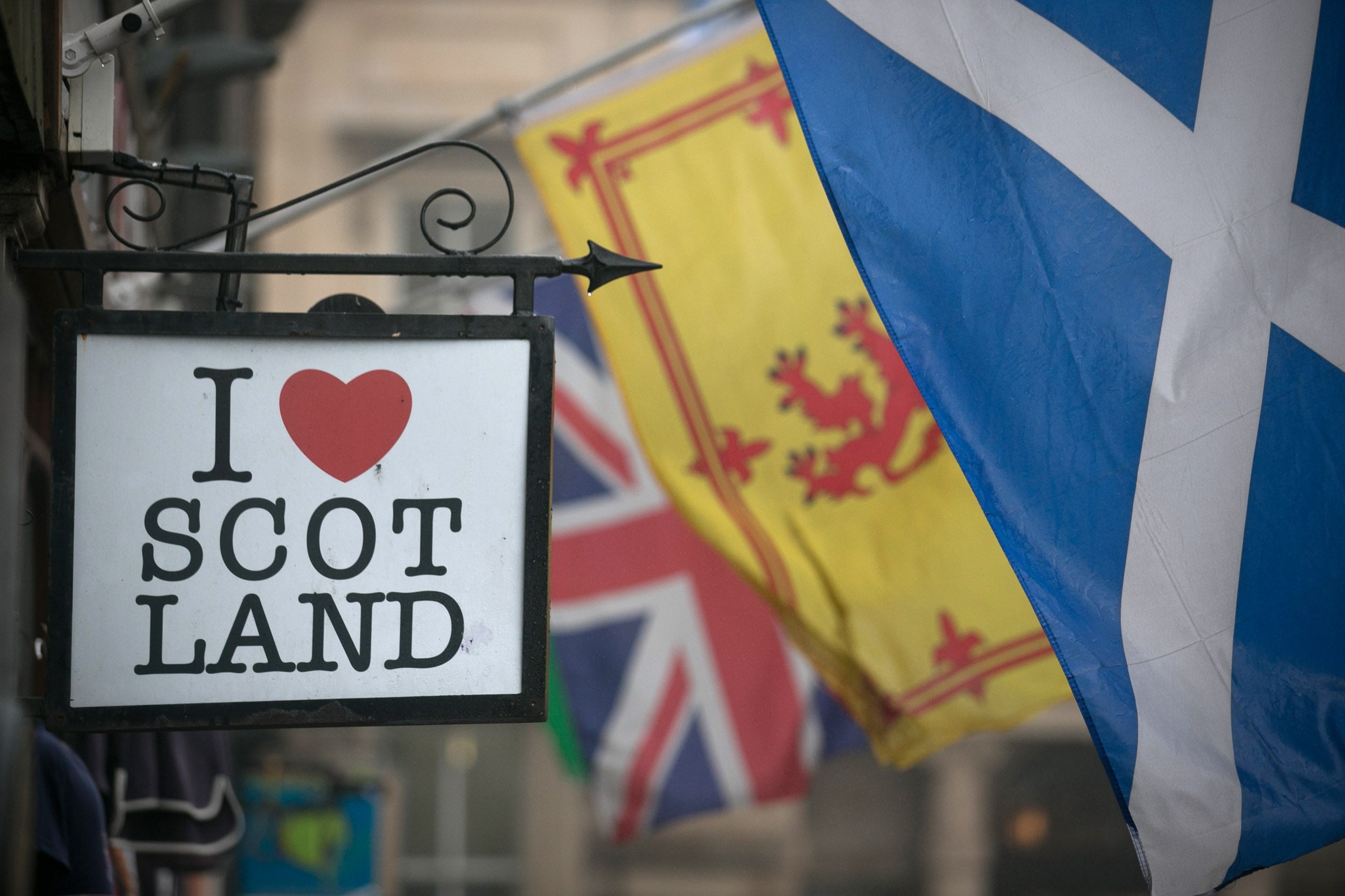The economic case for Scottish independence is waning
Newly released emails reveal the difficulty of making the argument that leaving the UK would make Scotland better off, writes John Rentoul


Eight years after the Scottish National Party lost the referendum on independence, mainly because voters were worried about the economic cost, Nicola Sturgeon, the party leader and first minister of Scotland, is producing some papers to refresh the economic case.
So far, one paper on the economic case for separation has been published and I don’t think it is unfair to say that its argument is essentially that other countries Scotland’s size are economically successful, so why shouldn’t Scotland be? Its title is Why Not Scotland?
The SNP knows it has to make a better case than this, which is why it was so pleased to recruit Mark Blyth, a Scottish-born economics professor at Brown University in the US, as an adviser last year. Unfortunately for the SNP, Prof Blyth had only just said, in a webinar with the Foreign Press Association USA: “The problem that I’ve seen so far is the complete lack of specificity as to ‘here is what the Scottish business model is now, here is where we want to be, this is how we’re going to get from here to here by doing this’. Instead of which, what we’ve got is: ‘Denmark is awesome; we should be like Denmark; if we were independent we would be Denmark.’ No, you wouldn’t be Denmark. Denmark took 600 years to become Denmark.”
Now some emails between Prof Blyth and Gary Gillespie, the Scottish government’s chief economist, have been released under freedom of information law. One from Prof Blyth last year said that, since he had been made into the “reluctant poster child of Scottish nationalism, I’ve been a bit stumped. I’ve been trying to write something on the subject but keep struggling to find the positive case that I hoped for.”
He claims that his email was “a request for data. It was not an admission of defeat.” He says he could not find the information he needed on the Scottish government’s website. That is one of those attempts to explain an embarrassment that only makes the embarrassment worse. Of course there are no figures on the Scottish government’s website making the positive case for independence, because they do not exist.
To keep up to speed with all the latest opinions and comment, sign up to our free weekly Voices Dispatches newsletter by clicking here
Sturgeon is now in the most difficult position she has faced in her eight years at the top. She has promised a referendum next year that the courts will not allow her to hold, and then to turn the next UK general election in Scotland into a proxy referendum, which won’t work either.
The only thing that will secure independence in the long run is if the residents of Scotland demand it by a clear and sustained majority. But that isn’t going to happen unless the SNP can come up with credible answers to people’s worries about the currency, borders and the exit deal. It doesn’t help that Prof Blyth has also said that Scotland leaving the UK would be “Brexit times 10”.
No wonder a clear and growing majority in Scotland think that independence is a distraction from the economic crisis.
Yours,
John Rentoul
Chief political commentator
Join our commenting forum
Join thought-provoking conversations, follow other Independent readers and see their replies
Comments
Bookmark popover
Removed from bookmarks